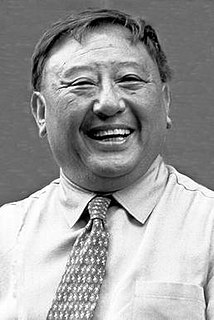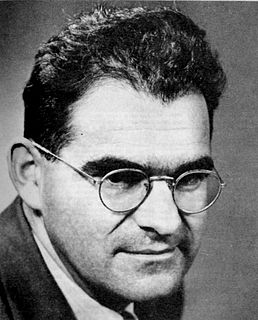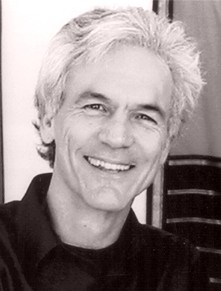A Quote by A.M. Homes
I'm very interested in compassion - compassion for oneself and others. I write about very complicated characters and experiences and try to do it without judging the character or the action.
Related Quotes
Compassion has nothing to do with achievement at all. It is spacious and very generous. When a person develops real compassion, he is uncertain whether he is being generous to others or to himself because compassion is enviromental generosity, without direction, without " for me" and without " for them". It is filled with joy, spontaneously existing joy, constant joy in the sense of trust, in the sense that joy contains tremendous wealth, richness.
The type of acting that I'm interested in, that I aspire to, is where I try and drag a lot of myself into whatever character it is. They can be very different types of characters, but at the heart of it, I always wanted to be a very, very believable and rooted in reality. One of the ways of doing that is to root it as much as you can in your own experiences and then tint those with different hues, different colors to give the different characters their way.
Only when all your desires disappear does that energy become compassion, KARUNA. You cannot cultivate compassion. When you are desireless, compassion happens; your whole energy moves into compassion. And this movement is very different. Desire has a motivation in it, a goal; compassion is nonmotivated, there is no goal to it, it is simply overflowing energy.
The nectar of compassion is so wonderful. If you are committed to keeping it alive, then you are protected. What the other person says will not touch off the anger and irritation in you, because compassion is the real antidote to anger. Nothing can heal anger except compassion. That is why the practice of compassion is a very wonderful practice.
I don't have a preference for bad people, no. I have an interest in playing a broad range of characters. Obviously, I'm mostly identified with a character who is very responsible, very solid and very intelligent, but there are plenty of questionable characters in my past career. I'm interested in exploring theatricality and characters with some dimension.
The human being is that space in which the comprehensive compassion that pervades the universe from the very beginning now begins to surface --within consciousness. (As compared with the natural displays of compassion by other creatures that is not necessarily 'within consciousness. ') That's the only difference. We didn't create compassion, but it's flowing through us-or it could. The phase change that we're in seems, to me, to depend upon that comprehensive compassion unfurling in the human species.






































